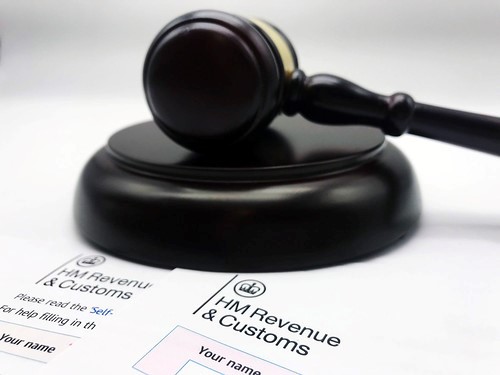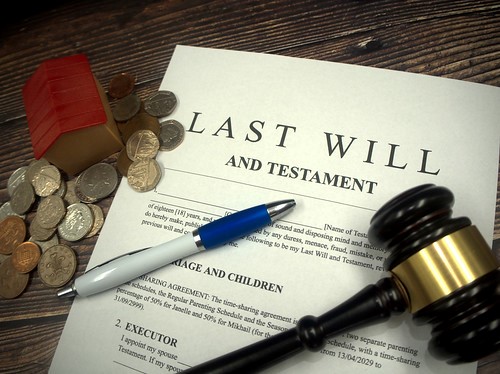Could Abolishing Inheritance Tax be a Vote-Winning Policy?
 The date may not have been officially announced yet. But one thing we can be sure about is that there will be a general election at some point in 2024.
The date may not have been officially announced yet. But one thing we can be sure about is that there will be a general election at some point in 2024.
Taxation is certain to be one of the key policy areas featured in the different parties’ manifestos and there’s one particular form of levy that may receive special attention.
For a long time now Inheritance Tax has proved to be a fairly contentious issue. Those opposed to it feel that individuals should be able to pass on all of their wealth when they die. Others see it as a fair tax that really only affects those who can afford to pay it.
It also seems to be at least one area that the main parties may agree on with both the Conservatives and the Labour party having made noises in the past about abolishing it.
How does IHT work?
On estates up to £325,000 there is no Inheritance Tax to pay. Plus a primary residence passed on to an immediate relative is free from tax up to a value of £175,000. There is also no tax payable on estates passed to a spouse, gifts to charities and even political parties.
In addition, in most cases the surviving partner whose spouse has died before them qualifies for their tax relief creating an allowance of up to £650,000.
Beyond the permitted thresholds, the remainder of an estate is taxed at 40%.
What does an estate include?
A person’s estate encompasses everything an individual owns including money, investments, possessions and property which, when they die, all have to be valued so the amount of any Inheritance Tax can be calculated.
Any tax has to be paid before probate can be granted. This is the point after which any bequests of the deceased can be distributed.

When it comes to property HMRC does recognise that if it’s to be sold to cover tax payable this may take some time. However, anyone faced with selling a house in probate will probably want this to be resolved as soon as possible. Fortunately there are now a number of estate agents who are geared up to act as intermediaries by buying the property before selling it on.
The argument for abolition
For most people property is the single most valuable part of their estate. When the IHT thresholds were first introduced 1986, replacing the old Capital Transfer Tax, it recognised this fact and the limits took this into account.
But in the intervening four decades property prices have risen sharply. For example, back in 1986 the average semi-detached house cost just £34,000 while by 2023 it had reached £305,000, approaching the £325,000 personal threshold for IHT. Consequently more and more people are passing on Inheritance Tax liabilities when they die.
While a reform of the system would be a good compromise, its abolition would be a more eye-catching and, some would say, appealing solution.
However, it would also leave an annual £5.2 billion hole in the country’s finances. At a time when the government is looking to make cuts, and when any future one may have to do the same, this is far from being a desirable situation.
No doubt the pros and cons of this move are just some of the topics being debated internally by the political parties right now. But, like the election date itself, we’ll just have to wait and see what happens.


